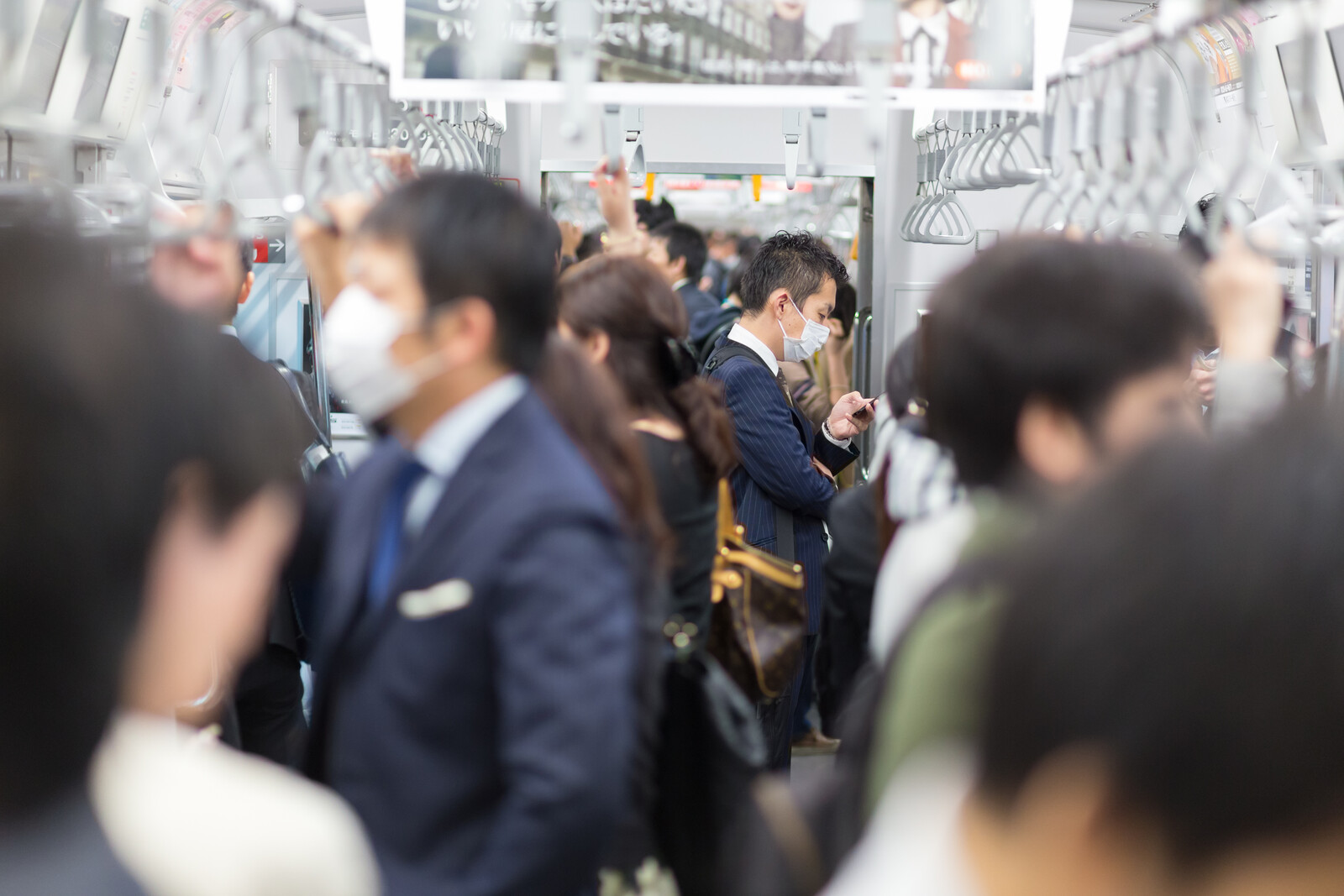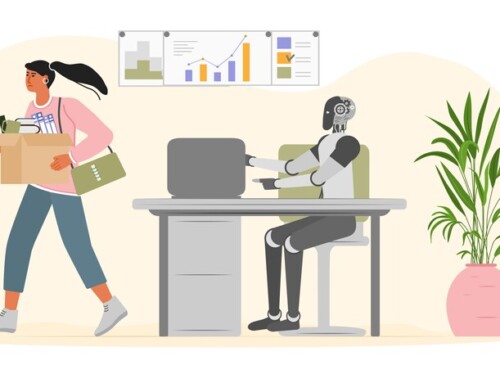 ◆From Japan to the world
◆From Japan to the world
Increasingly, small and medium-sized businesses are assigning personnel overseas as they seek to expand abroad. While the spread of pneumonia caused by the new corona virus said to have originated in China has become a global issue, there are many other threats that are not necessarily new, but nonetheless pose a danger for employees stationed overseas. In developing countries, it is not unusual to encounter cases of illnesses that are considered in Japan to be a thing of the past, such as tuberculosis, rabies, and cholera.
Regarding employees stationed overseas, companies should pay attention to such things as access to medical care, mental health, and prevention of infectious diseases. It is important for companies to collect information on whether there are medical facilities that can provide treatment in the event of injuries and illnesses (including whether it is safe to use the facility given the level of sanitation and healthcare provided), the stress generated both by the lack of infrastructure and the unrealistic expectations or lack of local knowledge of the company headquarters in Japan, and measures against various infectious diseases.
Among others, the websites of the following organizations are useful for researching information on the diseases and healthcare situation in one’s destination country: the Ministry of Foreign Affairs (State of Healthcare Around the World), the Ministry of Health, Labor and Welfare Quarantine Station (FORTH), and the US CDC (Travelers’ Health).
◆From the world to Japan
Care must also be taken when recruiting international employees. For example, under the revised Immigration Control Act, international employees are required to be tested for tuberculosis in their home country before entering Japan, but there is always the possibility of false negatives. If an employee shows prolonged symptoms of coughing, the company should arrange for him or her to see a doctor. It would also be safer to rely on a medical facility that can provide services in English for regular checkups and stress assessments.
◆The new pneumonia virus(COVID-19)
The new pneumonia virus has been deemed a “Designated infectious disease” (Category II) under the Infectious Diseases Control Law, which is the second highest category in terms of infectivity and severity (placing it in the same category as SARS and MERS). Public health centers may hospitalize people who display symptoms of diseases in this category or prevent them from working against their will.
While there are limits to how much a single company can accomplish, from a personnel management perspective, measures that could be taken include making sure that employees with symptoms of coughing or sneezing wear masks to prevent droplet transmission, cutting down on long overtime hours which can lead to overworking and weaken the immune system, adoption of teleworking, and the postponement of meetings.




